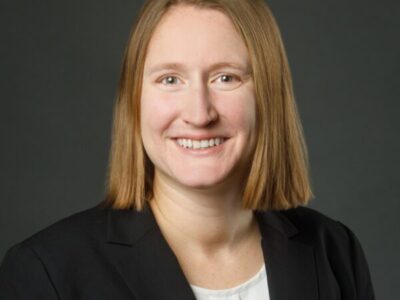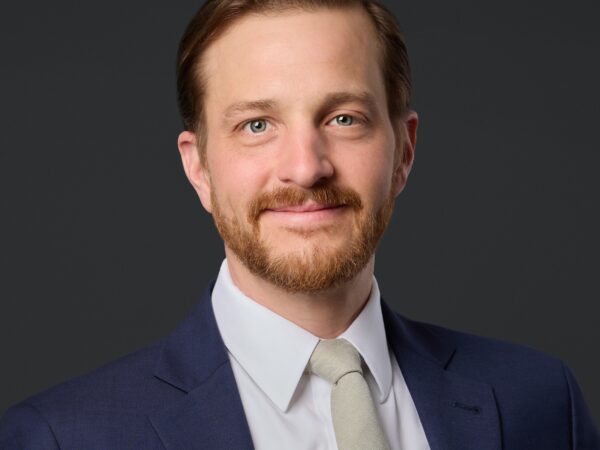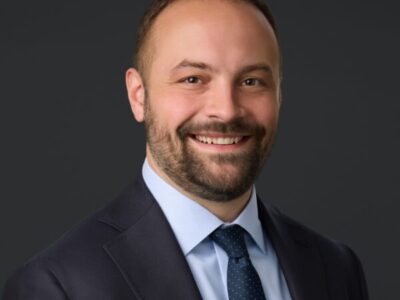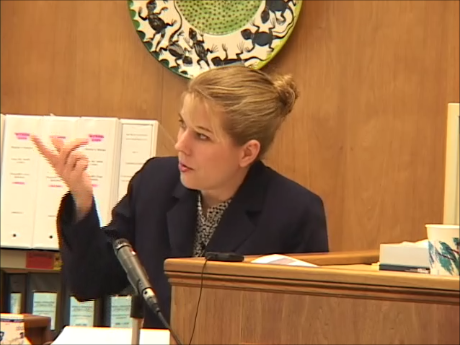

Five Insights from Expert Testimony in Five Pivotal Cases
By Serena Morones, CPA, ASA, ABV, CFE
With the milestone of my 100th trial/arbitration expert testimony behind me this year, I’m reflecting on learnings from each trial experience. Five key takeaways from my last five testimonies stand out and are worth sharing. And of course, in each of these trials, I was supported by our talented team of experts at Morones Analytics, while working alongside brilliant, hardworking and attentive trial counsel.
1. Marshall v. PwC: Consider Tax Consequences in Your Damage Opinion
I served as the damage expert for the Marshall family in their malpractice claim against PwC. Over $30 million of the $65 million damage award covered tax damages. I adjusted the damage opinion to ensure the Marshalls received sufficient after-tax funds to put them in the same financial position as if they had not taken the advice offered by PwC.
While most lost profit cases don’t typically warrant tax gross-ups, certain cases do. Determining whether to factor taxes into damages involves comparing the tax implications of the damage award with the tax treatment of a “but for” scenario. If there is a significant tax differential, the expert may want to include the tax differential in their damage opinion. Unfortunately, experts and attorneys often overlook tax consequences. In this case, the tax differential was a substantial part of the damage award.
2. Meyer v. Mittal: Depth of Analysis Wins the Day
In Meyer v. Mittal, we served as defense experts in a matter where the plaintiff claimed a partnership relationship existed. Our assignment was to quantify shared profits, assuming a partnership, and educate the jury on various financial facts contradicting the existence of a partnership.
In my opinion, our firm’s in-depth analysis significantly outweighed that of the opposing expert. The jury easily recognized the more deeply supported trial presentation. Our team has tackled many cases where we worked more diligently than opposing experts, and our greater command of the facts led to the jury accepting our opinions. Working with legal counsel who is willing to wade deeply into the numbers with us is also of great assistance in reaching a well-supported conclusion.
3. Powell v. Rasmussen: Don’t Shy Away from a Larger Damage Amount if it’s the Fairest Result
Sometimes CPAs show conservatism only for the sake of conservatism. As damage experts, we should be looking for the most accurate number that makes the plaintiff whole, without a windfall.
The Powell case involved a shareholder dispute over a family farm, with the plaintiff sister accusing her brother of misappropriating funds and not distributing profits for more than a decade. The defendant brother exercised a buy-out right and sought to counter the fraud allegations by buying out his sister at statutory fair value.
Morones Analytics investigated the fraud claims and developed a lost shareholder distribution opinion using both a “bottom-up” and a “top-down” approach. The bottom-up approach quantified self-dealing on a transaction-by-transaction basis, but we recognized we would likely not uncover every dollar missing due to the broad and concealed nature of the misconduct. Total lost distributions under the bottom-up approach equaled about $900,000. We also applied a top-down approach, estimating the profits the farm should have earned and comparing that to the zero distributions received by the sister. Although the top-down approach resulted in a much higher figure of $3.3 million, it was our preferred method since it was unreasonable to expect to identify all self-dealing instances. The bottom-up approach would not have been fair to the plaintiff. Notably, Oregon lacked case precedent for incorporating lost shareholder distribution analysis into a statutory fair value claim. I explained to the judge that if profits had not been withdrawn by the defendant, the farm’s value would have been higher.
Ultimately, the judge awarded the full amount derived from our top-down analysis, marking Powell as a potentially landmark case in Oregon for integrating self-dealing losses into fair value analysis.
4. Innovative Giving v. Matthew Butler: An All-in-One Damage Calculation May Not Help the Jury
I served as the plaintiff’s expert for a nonprofit organization claiming that a former executive director misappropriated trade secrets to start a competing organization. My damage opinion presented an all-encompassing lost profits estimate, reflecting the total revenue and profit decline due to the competition. However, at trial, evidence unfolded to indicate that the jury might want to award damages for specific trade secrets rather than a singular amount.
While the jury ultimately ruled in favor of my client and awarded damages, they did not award the full all-in-one figure but a smaller number representing selected trade secrets.
5. Marine Lumber v. Thomas Scott Tracy: Educate the Jury on Properly Evaluating Experts
In today’s digital age, some people think they are experts on various topics based on what they learn on social media and the internet, diluting the perception of expertise. That’s why we believe it is more essential now to educate juries on how to evaluate expert opinions in a legal proceeding.
In the Marine Lumber case, I served as a defense expert. One of my roles on the stand was to highlight deficiencies in the plaintiff’s expert opinions. I dedicated a significant portion of my reports and testimony to explaining how experts should form opinions and what constitutes expert credibility, including Federal Rule 702 and the CPA professional standards governing our work. This educational effort helped the jury evaluate expert credibility and they ultimately did not adopt the plaintiff expert’s opinions.
Even after 100 expert testimonies, trials are unique experiences that offer valuable lessons to help me and our firm’s professionals serve as better testifying experts in the future.
———————————————————————-
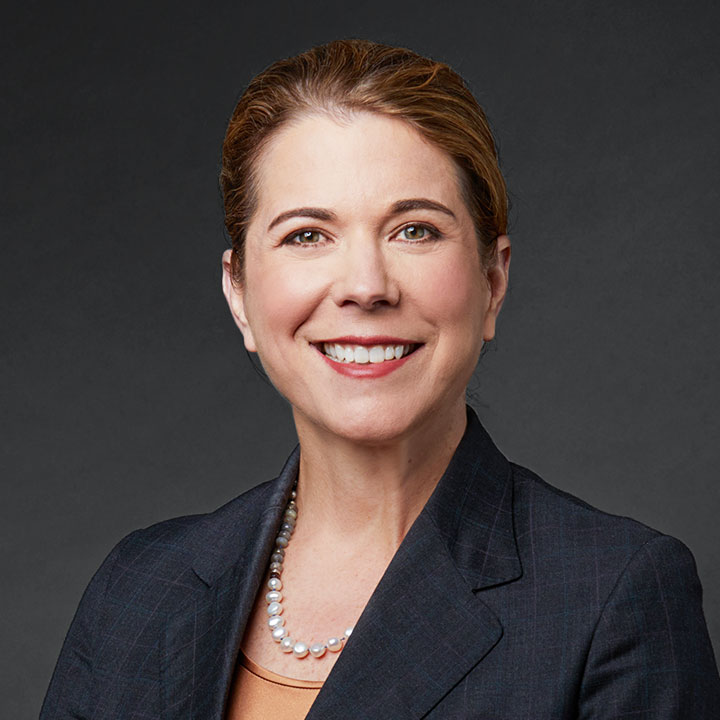
Serena Morones, CPA, ASA, ABV, CFE is an independent damages and business valuation expert. Top commercial and IP litigators turn to her again and again to resolve high-stakes disputes through expert testimony or settlement.
503-906-1579 | [email protected]


